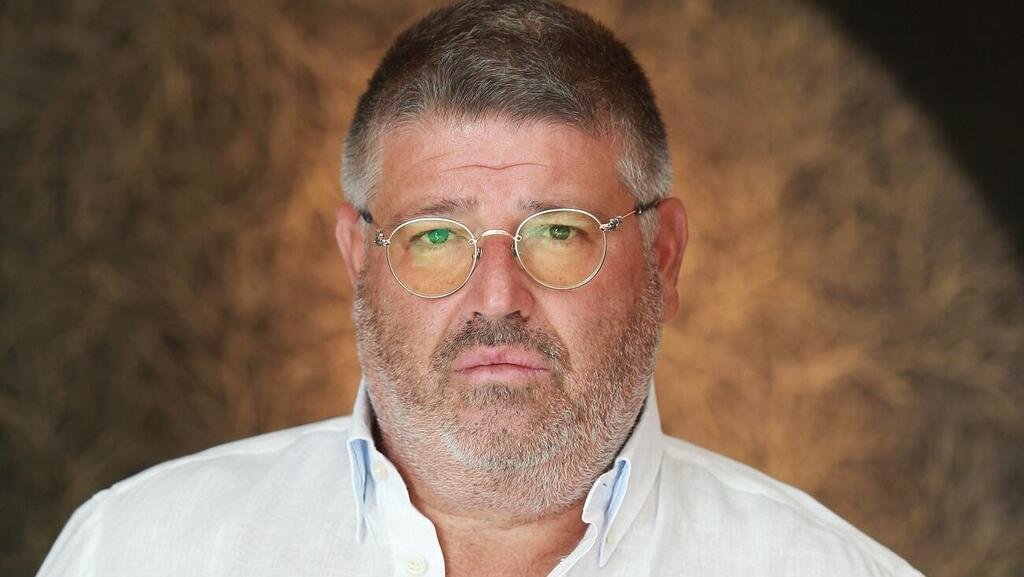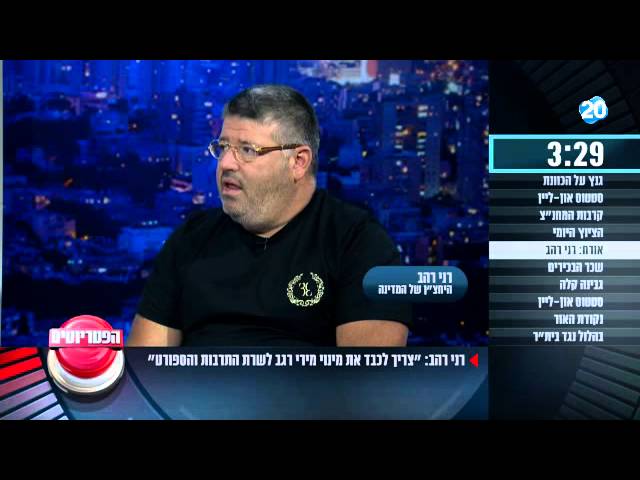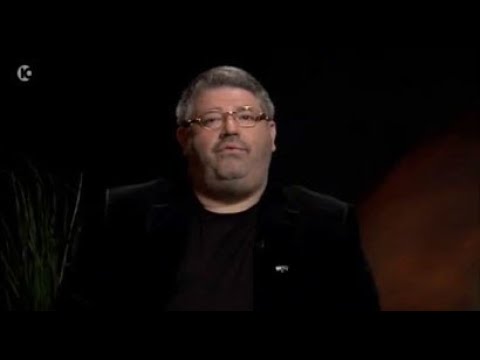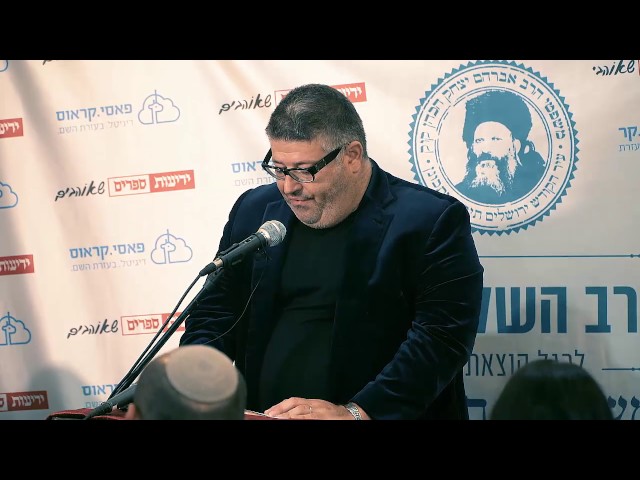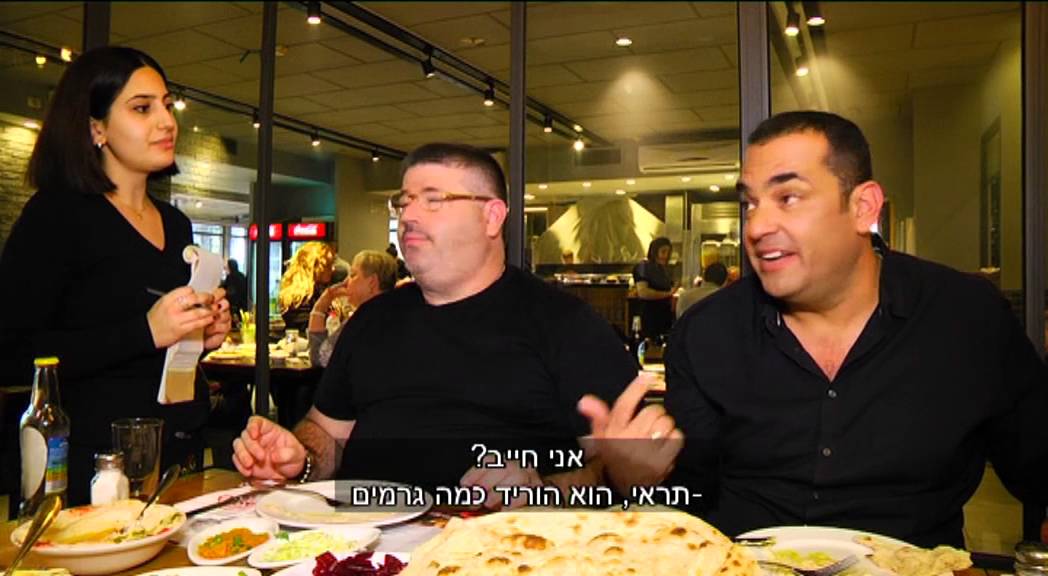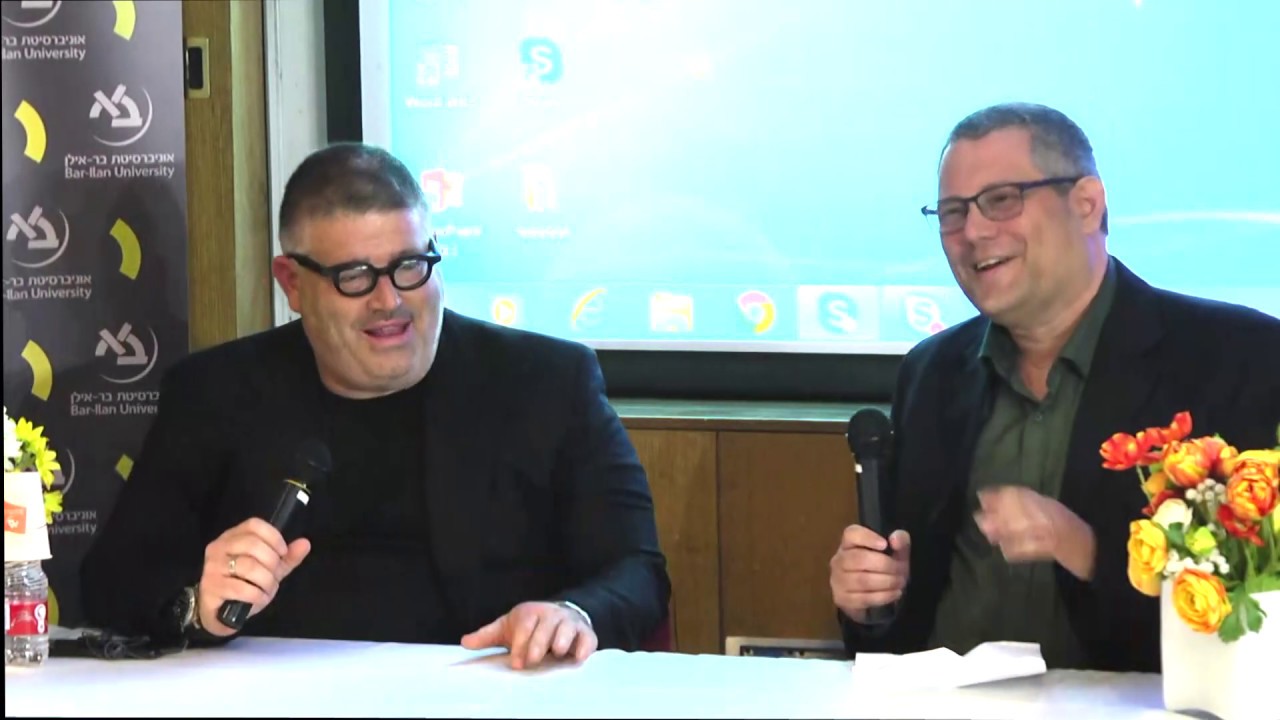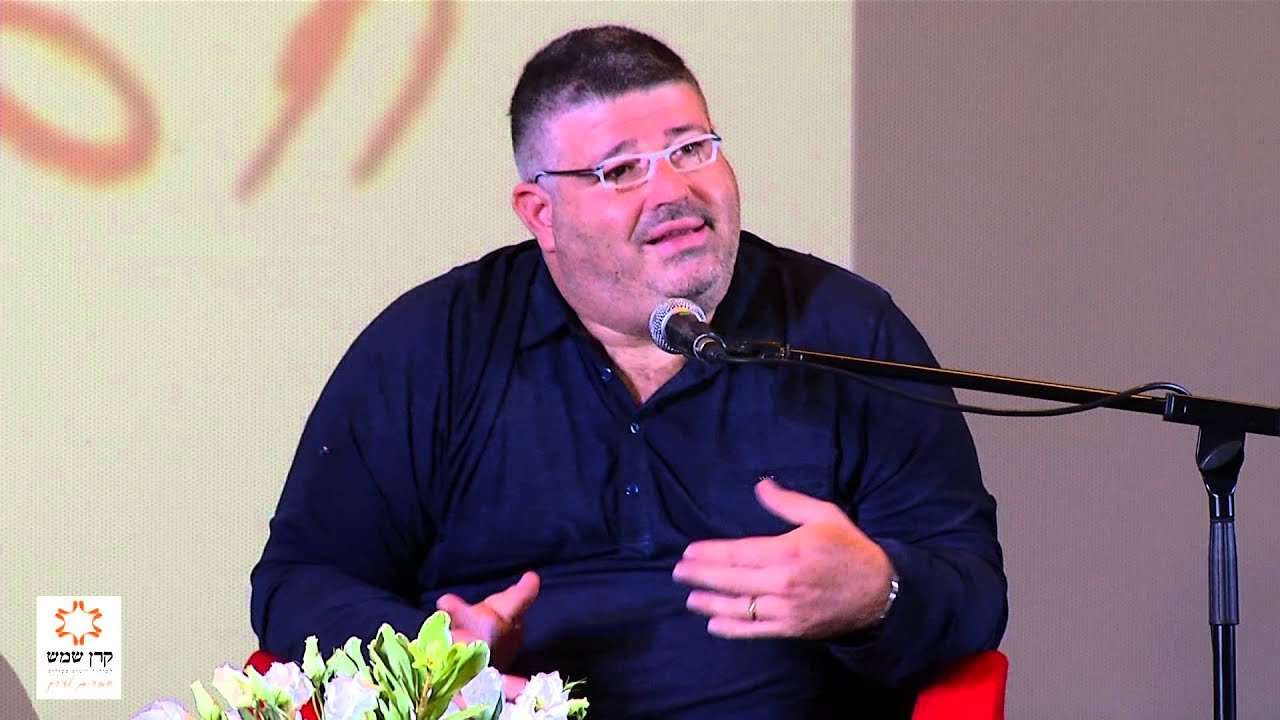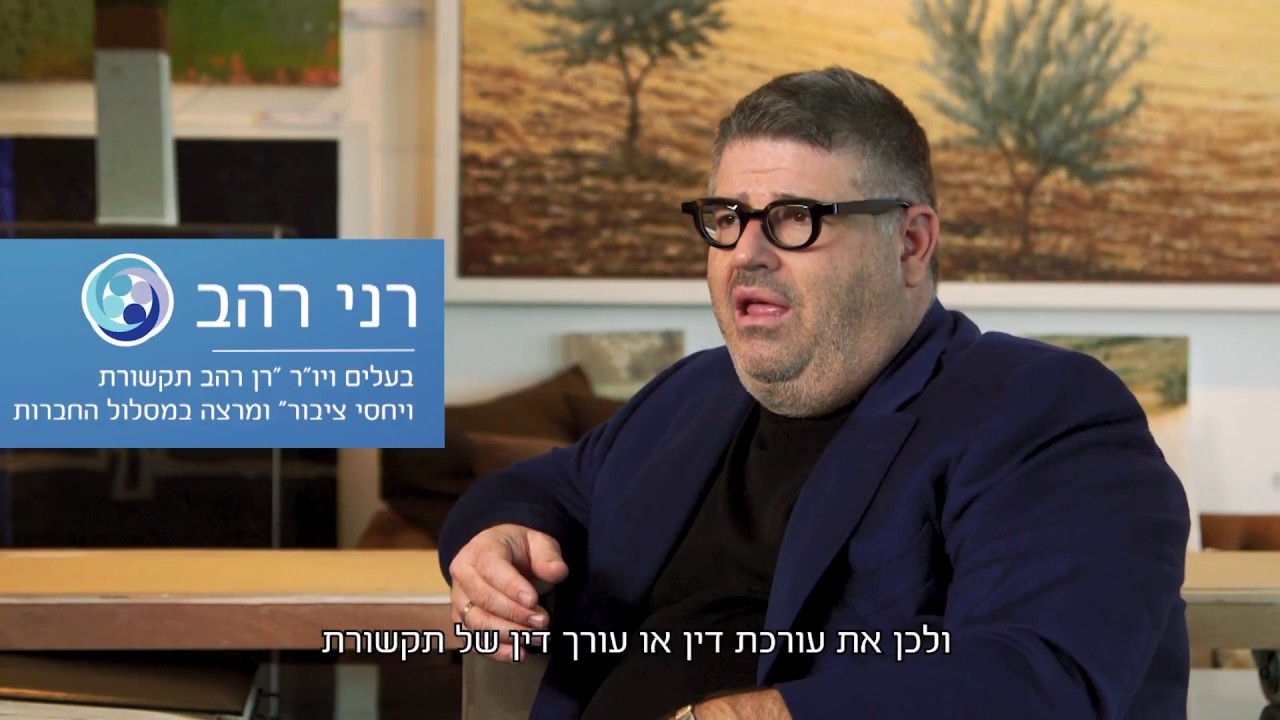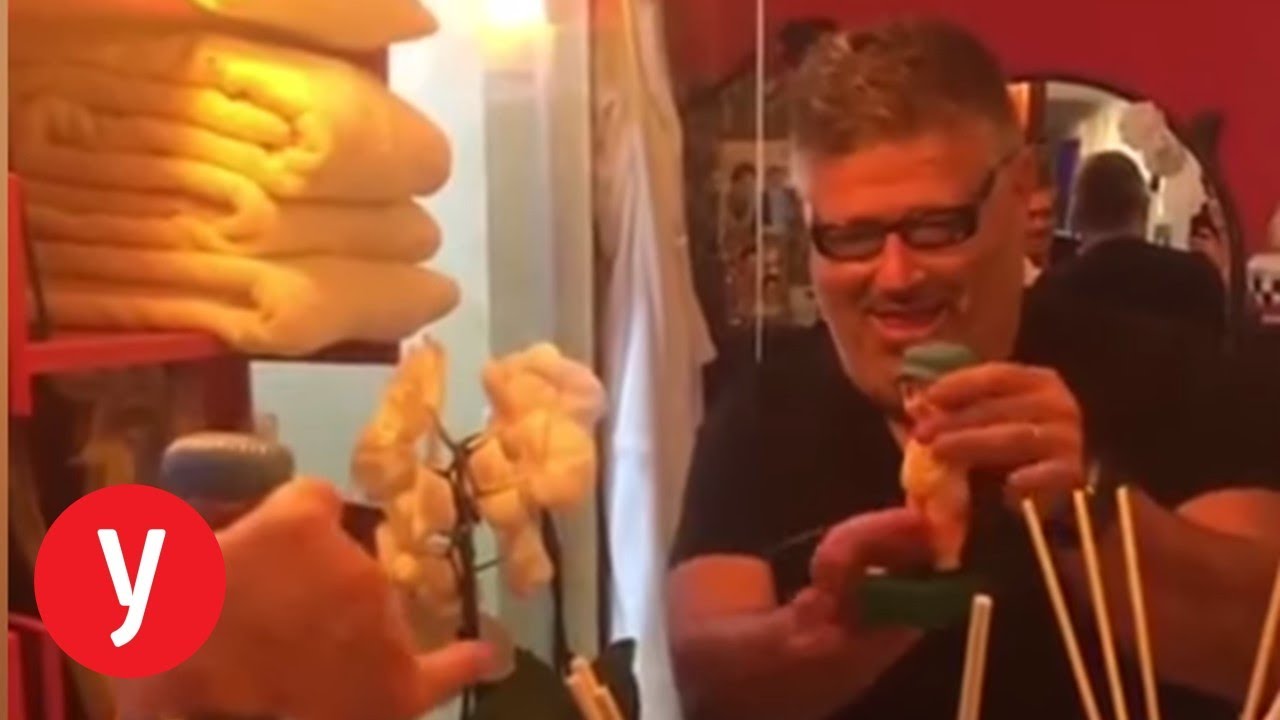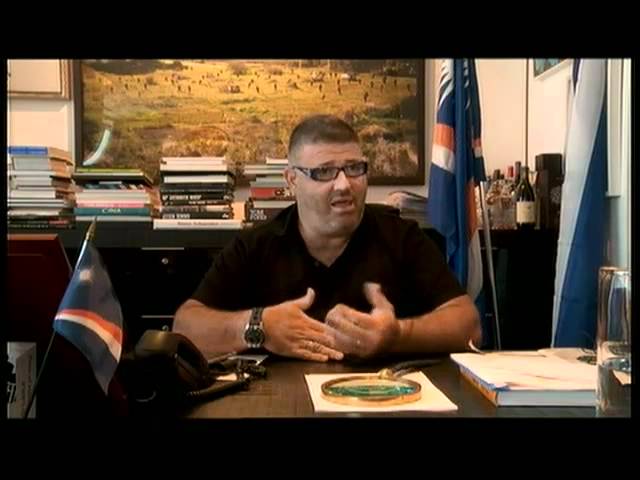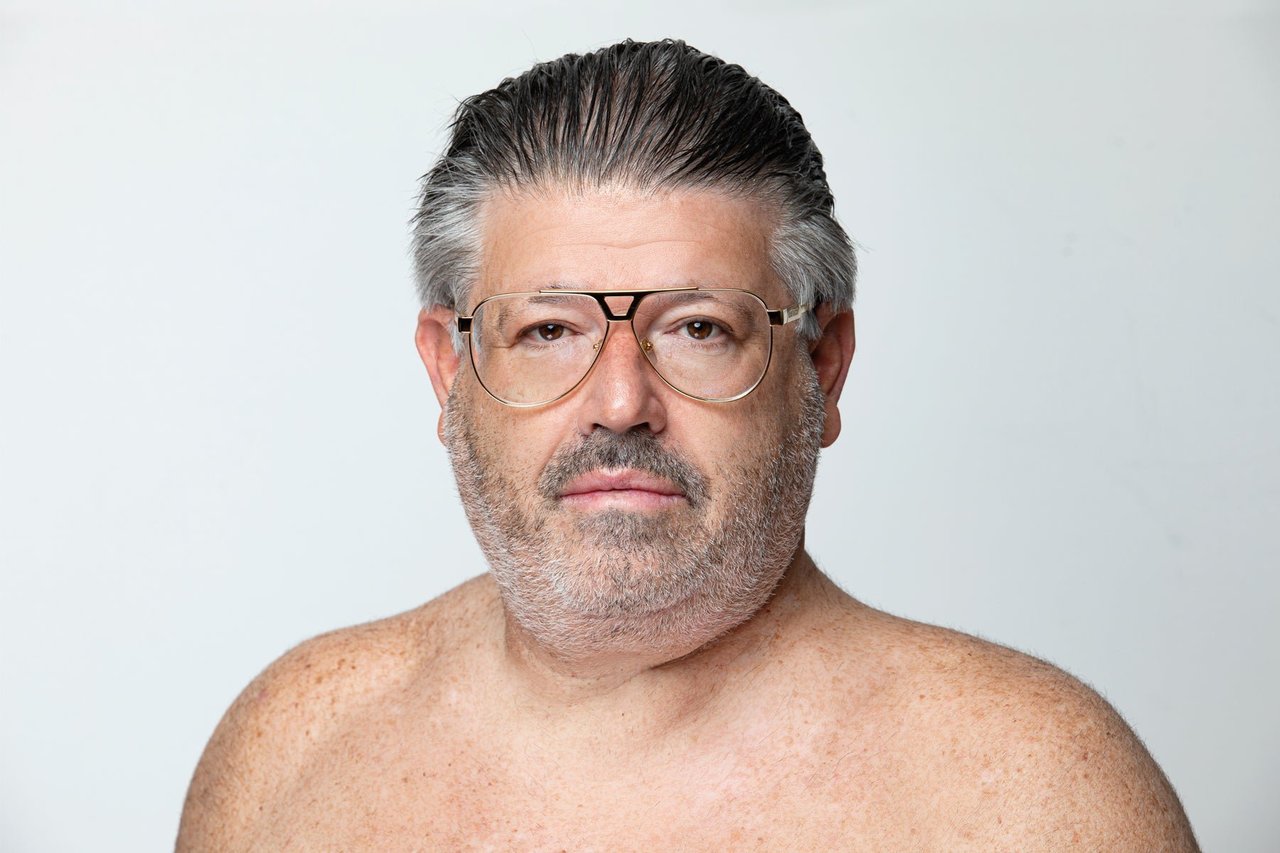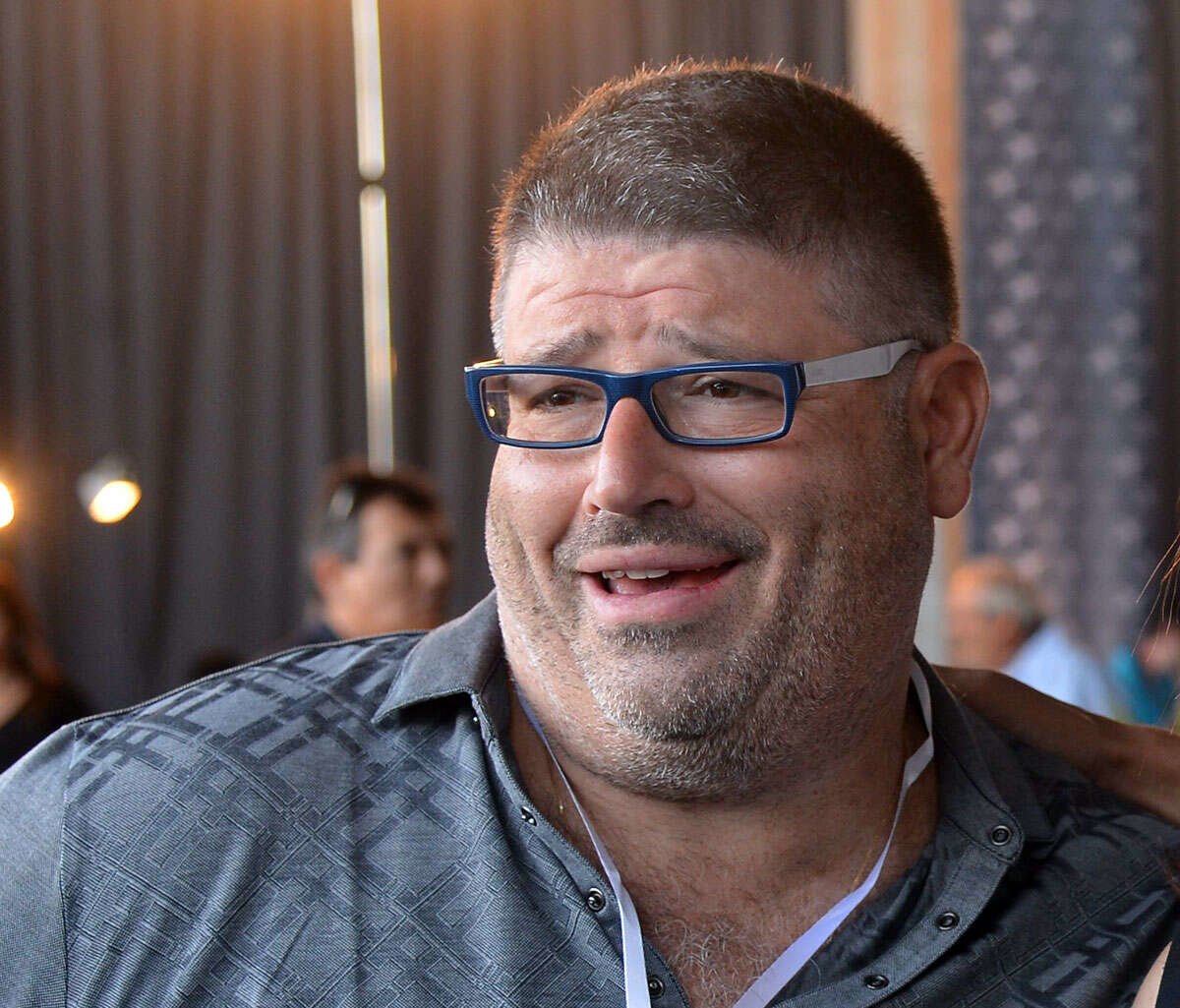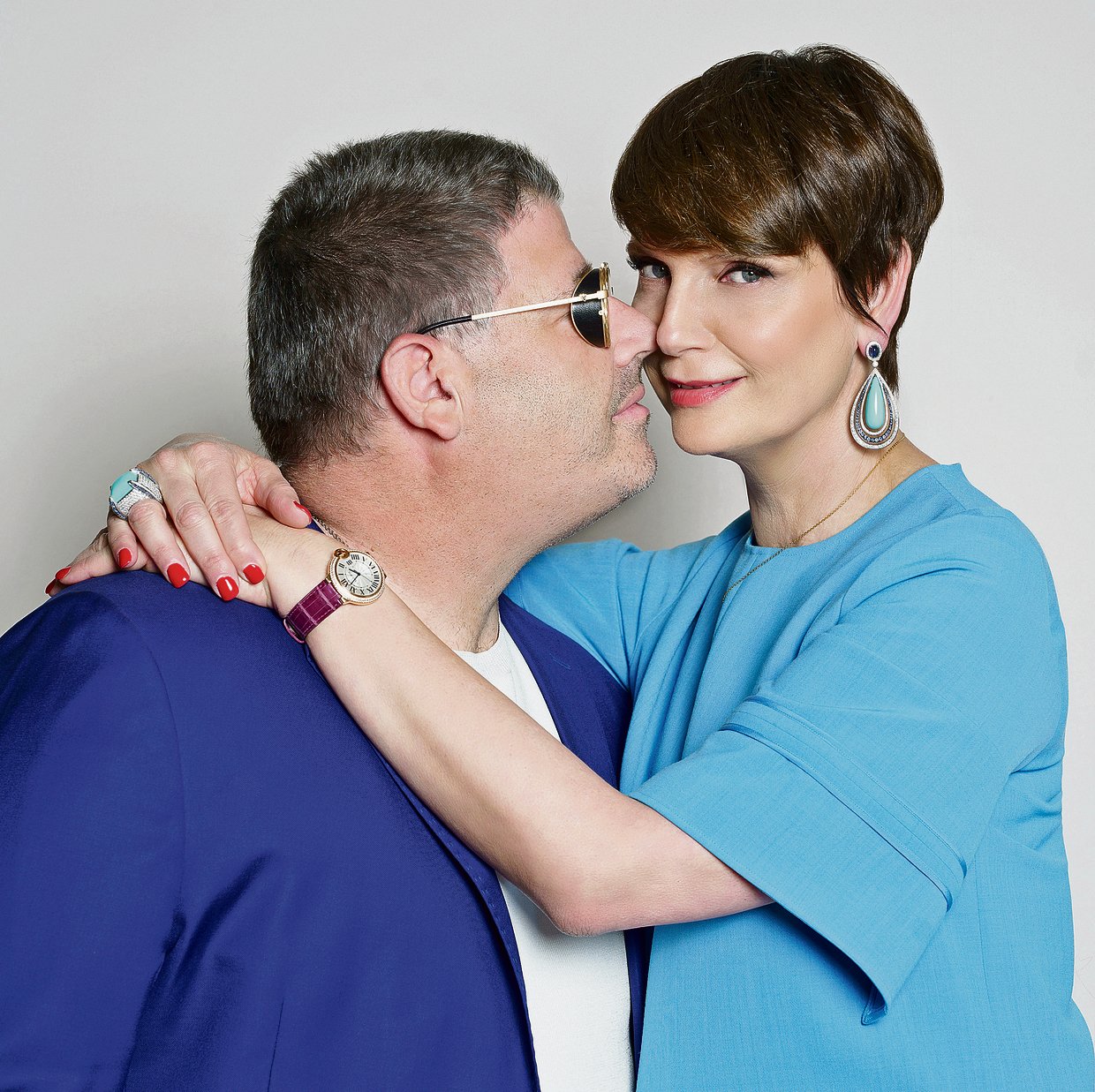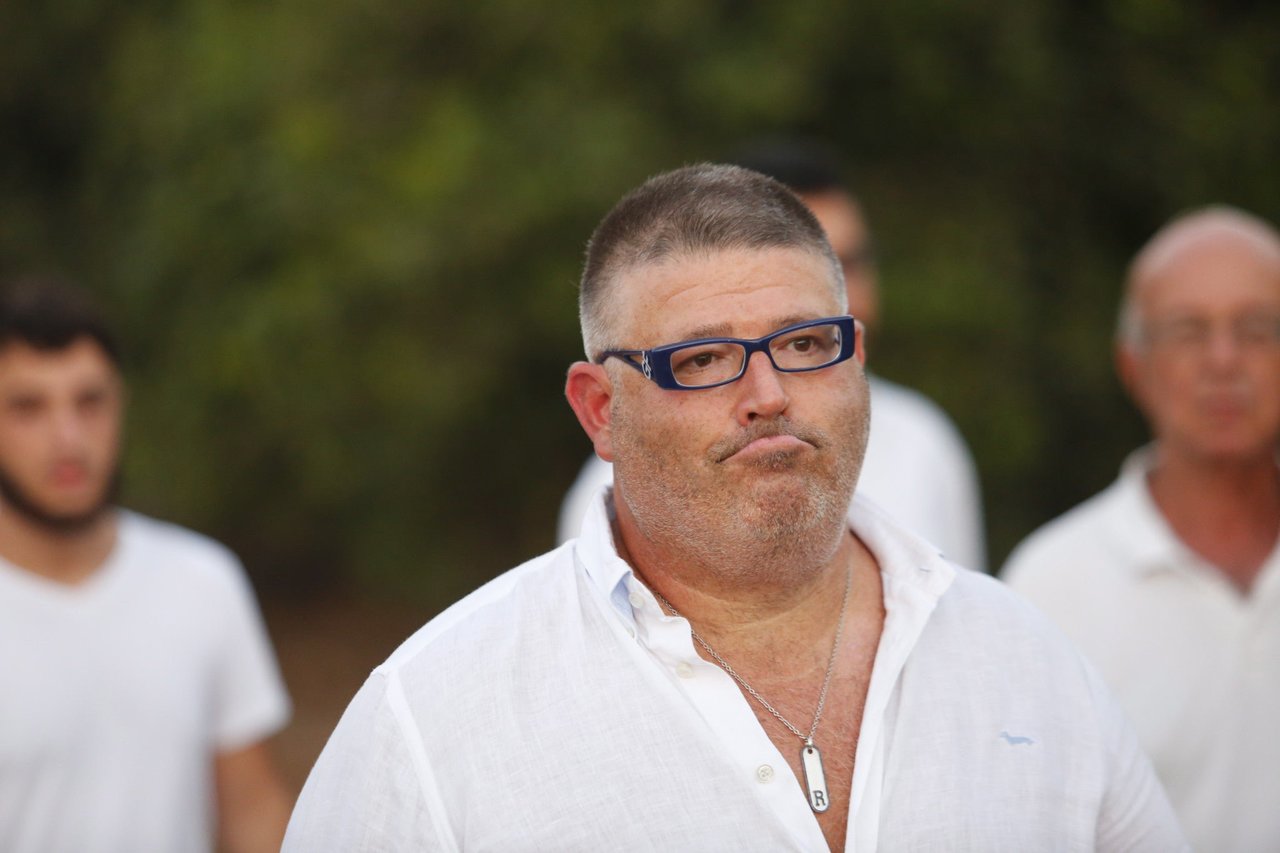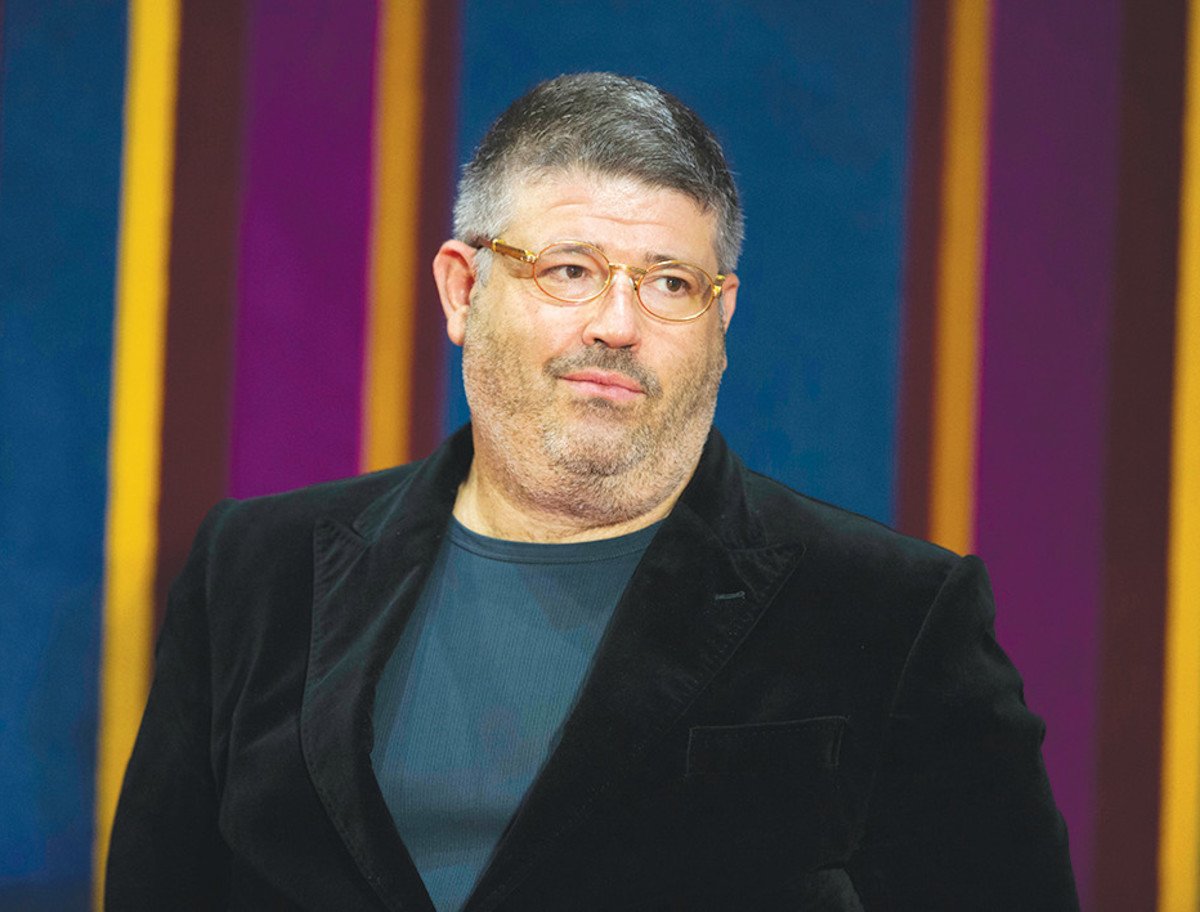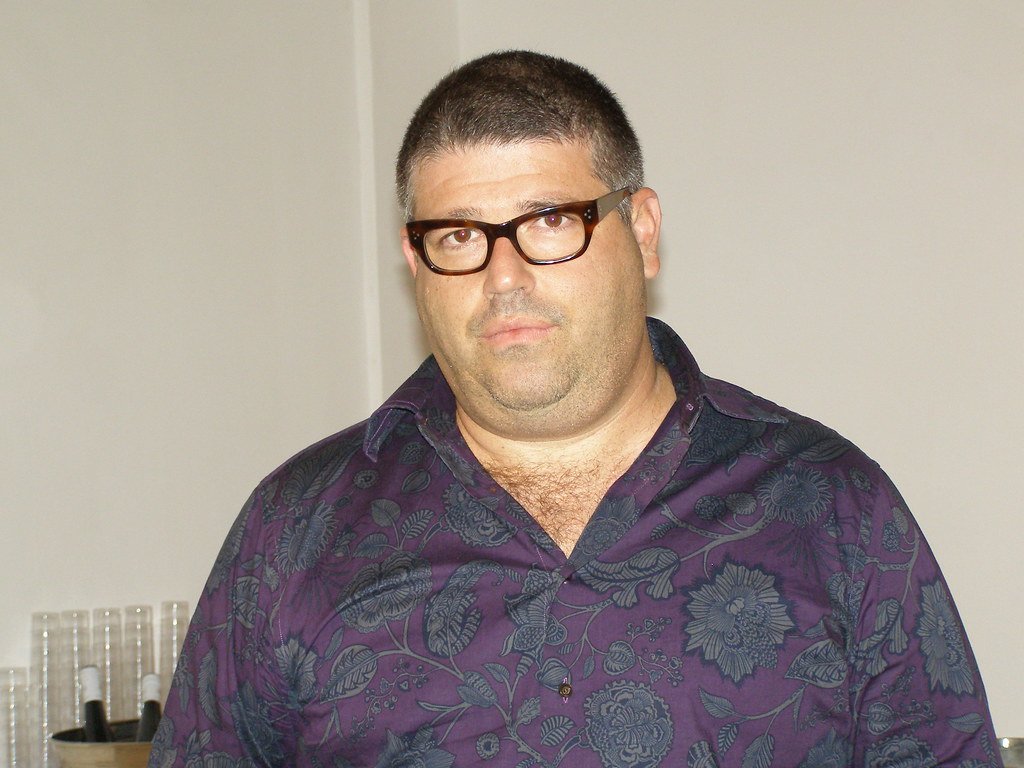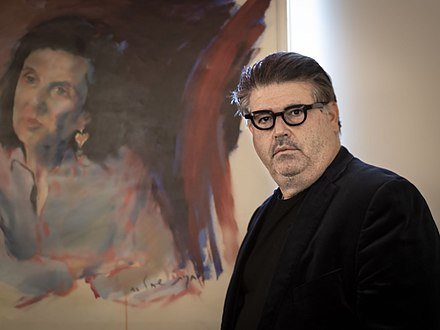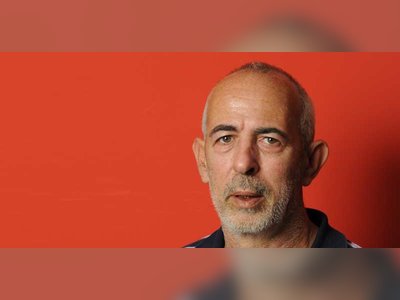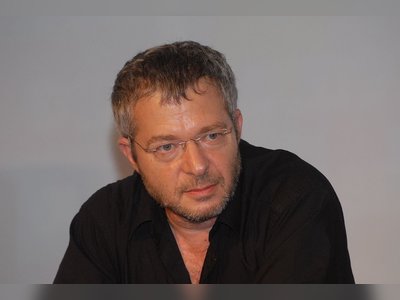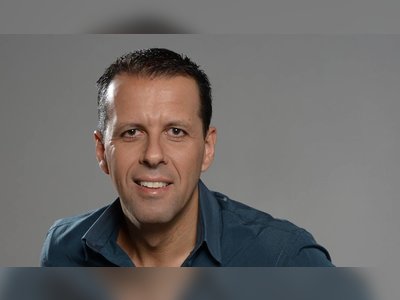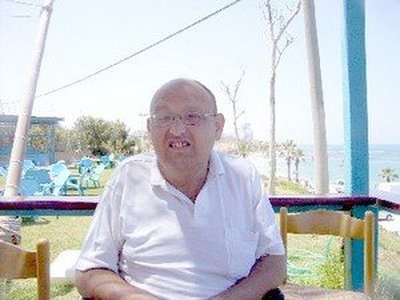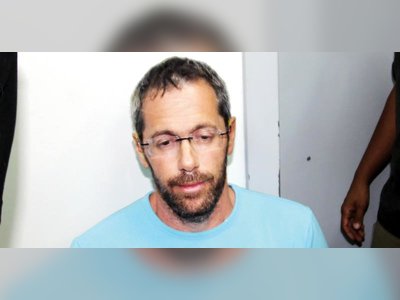מורשת גדולי האומה
בזכותם קיים
beta
Rani Rahav: The Emperor of Israeli Public Relations
Rani Rahav is a name that reverberates through the annals of Israeli public relations. He began his journey as a soldier in the IDF, but upon his discharge, he embarked on a remarkable career that would shape the landscape of Israeli public relations. With tenacity, innovation, and a keen understanding of the public's pulse, Rahav revolutionized the field of public relations in Israel, earning the trust and admiration of a broad and diverse audience.
Rani Rahav's journey into the world of public relations began at the Dan Panorama Hotel in Tel Aviv. At the young age of 22, having completed his military service, he assumed the role of Director of Public Relations and Entertainment at the newly established hotel. By the age of 23, he was already serving as the spokesperson for the Dan Hotels group, a position he holds to this day.
In 1991, Rani Rahav founded the "Rani Rahav Public Relations and Communications" firm in partnership with businessman Baruch Ivcher. After a few years, Rahav acquired full ownership of the firm, solidifying his position as a major player in the Israeli public relations landscape.
Today, Rahav's agency represents approximately 120 companies and employs a staff of 41. Among his clients are prominent Israeli brands such as Isracard, El Al, Shufersal, Cellcom, Teva Pharmaceuticals, and Bank Hapoalim. Rahav's firm played a pivotal role in handling the public relations crisis during the Ramat Gan diamond exchange scandal, as well as assisting the Strauss Group during challenging times. His advisory role extended to the former Israeli Prime Minister Yitzhak Rabin, making Rahav a trusted confidant in the highest echelons of power.
In 2013, Rani Rahav took an unexpected detour into the world of reality television when he served as a judge on the first season of "The Next Star," a popular Israeli singing competition.
In March 2019, Rahav and Sharon Gal launched the hospitality program "Sharon and Rani Ltd.," which aired on Channel 13. However, in July of the same year, Rahav announced his intention to retire from the show, expressing his wish for a female host to succeed him after the holiday season.
Rani Rahav's public life is marked by his involvement in various social and public events, often featuring prominent figures from both the public and private sectors. Some of these events have generated public criticism. Notably, in February 2007, Rahav hosted an extravagant Bar Mitzvah celebration for his son, attended by around 5,000 guests, including public officials and ministers. The event received extensive media coverage and drew criticism from various quarters, challenging the propriety of such grandiose affairs involving public figures.
Another incident that thrust Rahav into the spotlight was his public feud with journalist Haim Levinson. Levinson had posted a tweet in which he criticized Rahav, referring to him as "Parking Pig." Rahav filed a defamation suit demanding 100,000 NIS in damages. Ultimately, it was revealed that the car in question did not belong to Rahav, and the court ruled in favor of Levinson.
Despite the controversies, Rani Rahav remains a prominent figure in the Israeli public relations scene. His story, intertwined with the complexities of modern media and the delicate dance between public and private life, continues to captivate and inspire, underscoring the dynamic nature of his field and the ever-evolving role of public relations in society.
In 1991, Rani Rahav founded the "Rani Rahav Public Relations and Communications" firm in partnership with businessman Baruch Ivcher. After a few years, Rahav acquired full ownership of the firm, solidifying his position as a major player in the Israeli public relations landscape.
Today, Rahav's agency represents approximately 120 companies and employs a staff of 41. Among his clients are prominent Israeli brands such as Isracard, El Al, Shufersal, Cellcom, Teva Pharmaceuticals, and Bank Hapoalim. Rahav's firm played a pivotal role in handling the public relations crisis during the Ramat Gan diamond exchange scandal, as well as assisting the Strauss Group during challenging times. His advisory role extended to the former Israeli Prime Minister Yitzhak Rabin, making Rahav a trusted confidant in the highest echelons of power.
In 2013, Rani Rahav took an unexpected detour into the world of reality television when he served as a judge on the first season of "The Next Star," a popular Israeli singing competition.
In March 2019, Rahav and Sharon Gal launched the hospitality program "Sharon and Rani Ltd.," which aired on Channel 13. However, in July of the same year, Rahav announced his intention to retire from the show, expressing his wish for a female host to succeed him after the holiday season.
Rani Rahav's public life is marked by his involvement in various social and public events, often featuring prominent figures from both the public and private sectors. Some of these events have generated public criticism. Notably, in February 2007, Rahav hosted an extravagant Bar Mitzvah celebration for his son, attended by around 5,000 guests, including public officials and ministers. The event received extensive media coverage and drew criticism from various quarters, challenging the propriety of such grandiose affairs involving public figures.
Another incident that thrust Rahav into the spotlight was his public feud with journalist Haim Levinson. Levinson had posted a tweet in which he criticized Rahav, referring to him as "Parking Pig." Rahav filed a defamation suit demanding 100,000 NIS in damages. Ultimately, it was revealed that the car in question did not belong to Rahav, and the court ruled in favor of Levinson.
Despite the controversies, Rani Rahav remains a prominent figure in the Israeli public relations scene. His story, intertwined with the complexities of modern media and the delicate dance between public and private life, continues to captivate and inspire, underscoring the dynamic nature of his field and the ever-evolving role of public relations in society.
- רני רהב – ויקיפדיהhe.wikipedia.org
